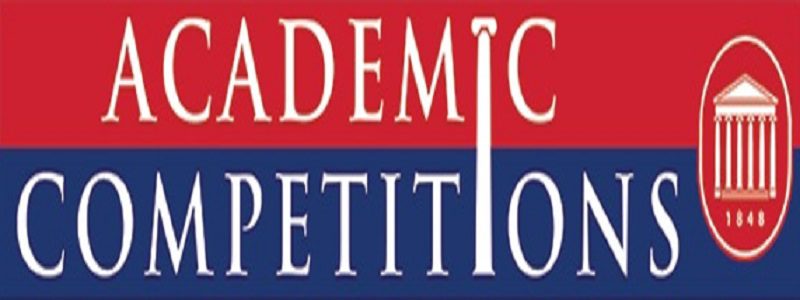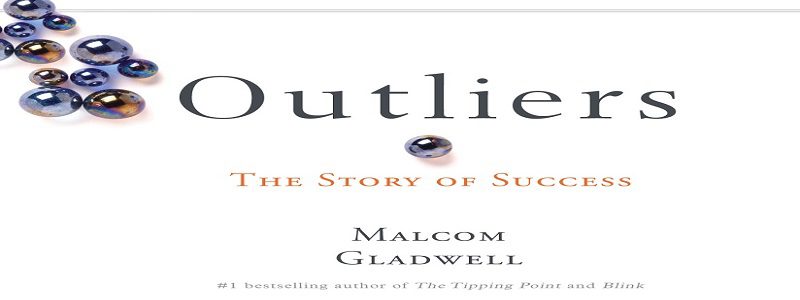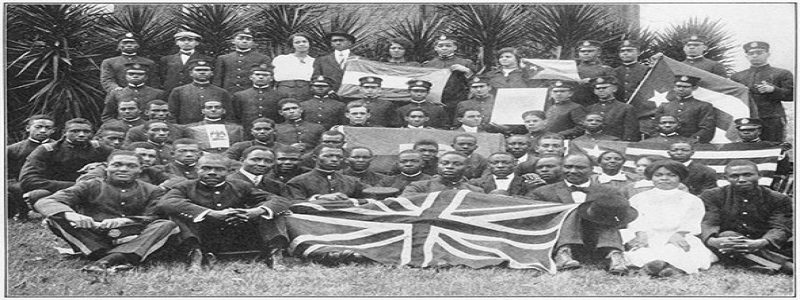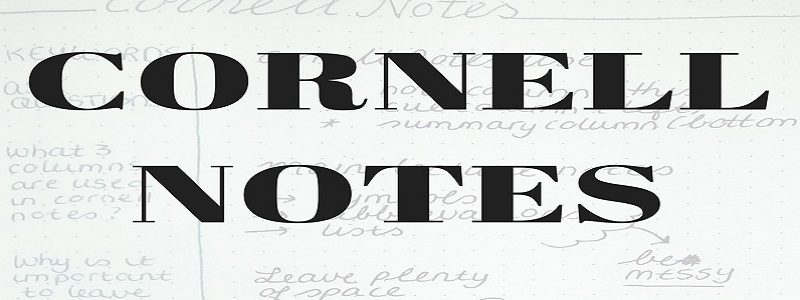Identifying Core Binaries to Conquer Free Response in AP Comp
Brady Gunnink, who teaches AP Language and Composition at ACE partner school Jones College Prep in Chicago, came to me earlier this semester with a challenge: can we work together to build a strategy with supporting resources that can help his AP Comp students improve their writing on the Free Response essay questions on the AP exam? Students, he said, often find the third question of the three FR questions the most difficult; it is the one for which there are no sources or texts and students are asked to write an argument in response to an abstract or philosophical proposition (e.g., philosopher Alain de Botton has said that humorists play a vital role in society in that they are able “to convey with impunity messages which might be dangerous or impossible to state directly’ — write an essay taking a position on this viewpoint). The outcome of this collaboration at Jones and my work to create a writing strategy is the topic of this post.
READ MORE
Introducing the Academic Competitions Classroom Infusion Series (ACCIS)
As you may know, I spent 15 years of my career building urban debate leagues, which are organized competitive debate programs in urban public school systems. I was the founding director of the Chicago Debate League, and helped build it into the nation’s model UDL. I was also the founding director of the National Association for Urban Debate Leagues, where I helped create and build up urban debate leagues in a dozen cities across the country. When I left urban debate five years ago to found Argument-Centered Education I thought that I had spent my last hour working with teacher-coaches who prepare for weekend competitions. Mostly true, but along came ACCIS, which in some ways does for other academic competitions what I am doing for debate with ACE.
Thinking Critically about ‘Outliers’
What does “critical thinking” mean? What does it mean to think critically? Kenneth Burke, in his A Grammar of Motives, had a name for words or phrases with the cachet and power that the term “critical thinking.” He called them “god terms” — “names for the ultimate of motivation.” No god term in education is defined as variously, or is as elusive, as “critical thinking.” But one of the most influential definitions remains one of the original ones. Education theorist Edward M. Glaser was building on the work of American philosopher John Dewey when he wrote in An Experiment in the Development of Critical Thinking (Columbia University Press, 1941):
The ability to think critically, as conceived in this volume, involves three things: ( 1 ) an attitude of being disposed to consider in a thoughtful way the problems and subjects that come within the range of one’s experiences, (2) knowledge of the methods of logical inquiry and reasoning, and (3) some skill in applying those methods. Critical thinking calls for a persistent effort to examine any belief or supposed form of knowledge in the light of the evidence that supports it and the further conclusions to which it tends. It also generally requires ability to recognize problems, to find workable means for meeting those problems, to gather and marshal pertinent information, to recognize unstated assumptions and values, to comprehend and use language with accuracy, clarity, and discrimination, to interpret data, to appraise evidence and evaluate arguments, to recognize the existence (or non-existence) of logical relationships between propositions, to draw warranted conclusions and generalizations, to put to test the conclusions and generalizations at which one arrives, to reconstruct one’s patterns of beliefs on the basis of wider experience, and to render accurate judgments about specific things and qualities in everyday life.
There is a lot packed in to this definition, and rightly so. But we like to distill, to concentrate, functions like “appraising evidence,” “evaluating arguments,” “recognizing the existence (or non-existence” of logical relationships,” “putting to the test conclusions and generalizations,” and “rendering accurate judgements.” We look to the Greek root of “critical” — kritikos, a critic, one who makes judgments — and we condense critical thinking to the process of judging the validity, meaning, truth, or quality of the object of study. And when reading or listening in an academic context, that very often means subjecting the text or speech act to the skeptical, evaluative thinking — what is it communicating and why should I believe it? what is the argument and what is its basis? what is the author saying and why might they be wrong (or, if the text holds up, what are they likely to be right)?
Inquiring and Arguing about European Colonialism in Africa
We have been working with partner high schools, in both World History and European History courses, on a unit on European colonialism in Africa. This topic has an inordinate number of ramifications on other fields of history and social science. To name just a few: European geopolitics in the 19th century and the lead-up to World War I; African national and political history in the 19th and early 20th centuries; racial and economic exploitation in international relations; colonial and post-colonial studies; European cultural, literary, and religious history of the 19th century; and others. Our argument-centered approach propels students to inquire into and argue about this rich and essential historical topic. And as we have been discovering ourselves in the classroom the unit laid out here has the range to serve the common ends of the secondary school spectrum: intriguing and engaging 9th graders, but also pushing even advance placement seniors to absorb sources more deeply and to take sophisticated and carefully argued positions.






